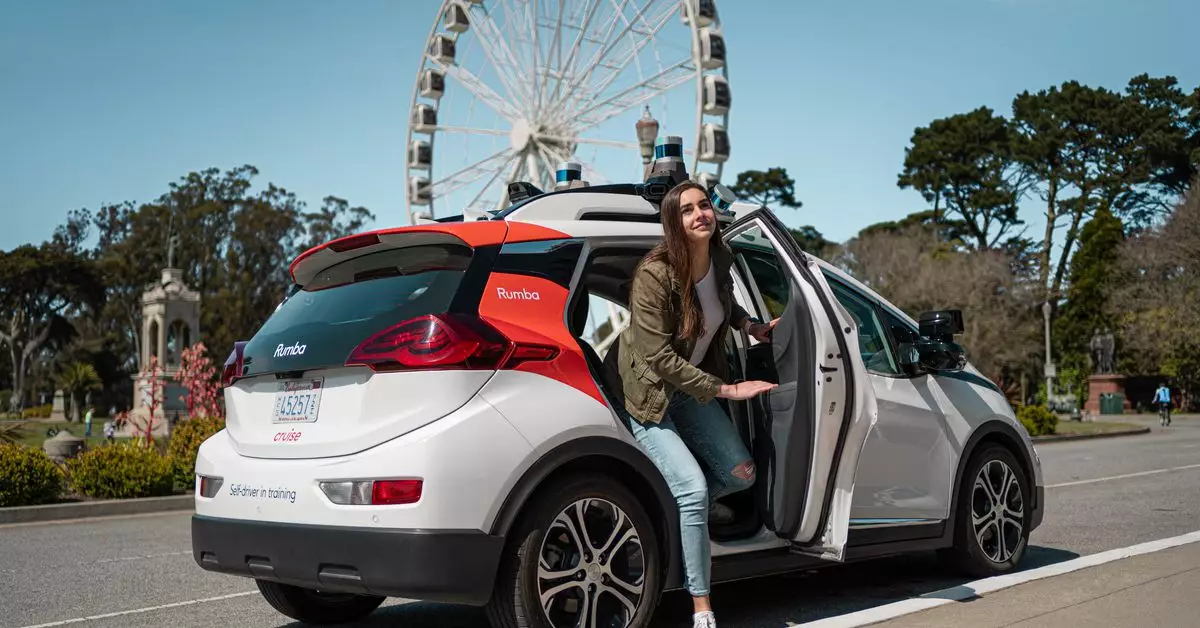Uber has recently announced a new partnership with Cruise, a robotaxi company, to offer driverless rides within its app. This collaboration is set to begin next year, providing passengers with the option to choose a driverless trip for “qualifying” rides. The companies unveiled a “multiyear strategic partnership” on Thursday, marking another step towards the integration of autonomous vehicles into Uber’s services.
In addition to the collaboration with Cruise, Uber has also teamed up with Waymo and Aurora on autonomous rides. Earlier this year, Uber had a long-term deal with driverless truck company Aurora. The company also offered driverless rides with Motional before the latter paused its robotaxi deployments in May. This new partnership further solidifies Uber’s commitment to incorporating autonomous vehicles into their platform.
Elon Musk’s event unveiling Tesla’s robotaxi developments was delayed but is now scheduled for October 10th. This event is highly anticipated in the autonomous vehicle industry and could potentially reveal groundbreaking advancements in self-driving technology. Despite setbacks such as Cruise halting its robotaxi service following an incident, the industry continues to innovate and progress towards widespread adoption of driverless vehicles.
While the specific cities where the Uber-Cruise driverless service will be available have not been disclosed, Cruise spokesperson Tiffany Testo hints that it may launch in cities where supervised testing is already taking place. Phoenix, Dallas, and Houston are among the locations where Cruise is conducting tests, making them likely candidates for the initial rollout of the driverless ride-hailing service. Users can anticipate the service to be available in these cities in the near future.
The partnership between Uber and Cruise represents a significant milestone in the development of autonomous vehicles for ride-sharing services. With ongoing advancements and collaborations in the autonomous vehicle industry, the future of driverless rides within Uber’s app looks promising. As technology continues to evolve, we can expect to see driverless vehicles becoming a common sight on the streets of major cities, revolutionizing the way we commute and travel.

